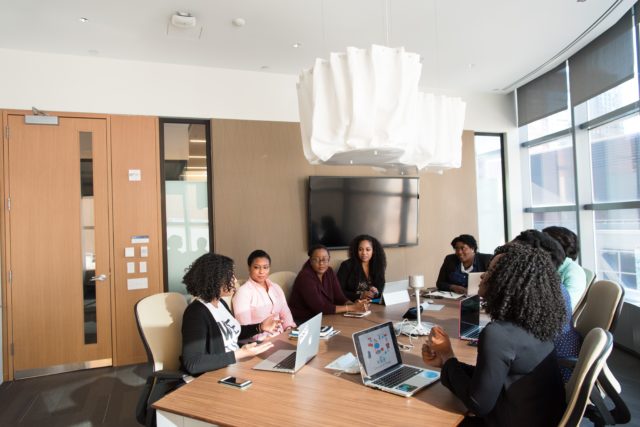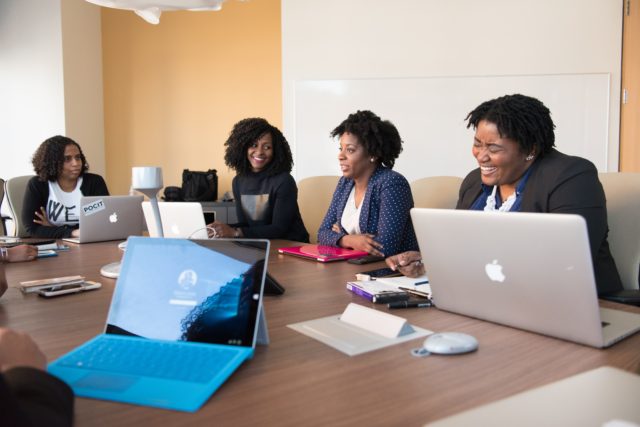Summary of:
Christ, O., & Kauff, M. (2019). Intergroup contact theory. In K. Sassenberg, M. L. W. Vliek (eds.), Social psychology in action (pp 145-161). Switzerland: Springer Nature Switzerland AG 2019. Retrieved from
Background & Theory
A recurring question in social sciences and even in mediation is regarding how to reduce prejudice and resolve intergroup conflict. This article focuses on evaluating new and old research findings, as well as two specific and well-known conflicts, and how one can encourage intergroup contact and improved relations.
Research Questions
Christ and Kauff in their article, Intergroup Contact Theory (2019), evaluate the following questions:
- Does intergroup contact truly reduce prejudice and assist in resolving intergroup conflict?
- How is intergroup contact effective and how does one implement it?
Methods
Christ and Kauff approach the questions above through meta-analysis of past and modern research projects. This research includes studies done through observation, surveys, other meta-analyses in this field, intergroup contact models, and situations involving two outgroups in intergroup contact and what resulted. The meta-analysis examined the findings of multiple other well-known researchers on the subject and evaluated what common themes or positive outcomes occurred that describes how others can implement intergroup contact effectively.
Results
The findings in this article point to the fact that intergroup contact has many facets to it and that there are numerous ways to encourage intergroup contact, but that several factors must be included for positive and long-lasting results. Intergroup contact might also not fully resolve intergroup conflict, but it can increase a willingness from the outgroups to work together in a positive manner and reduce violence and prejudice overall.
What This Means
- Intergroup contact is a critical and important way to reduce prejudice among outgroups. However, the following factors greatly assist in encouraging a lasting positive outcome, of which trust and forgiveness might be possible (if not wholly, at least on a personal level) – as taken from the mutual intergroup differentiation model of Hewstone and Brown:
- Reduce intergroup anxiety by decategorizing the situation and focusing on individuation
- Make group categories salient and allow the groups to identify positive experiences and encourage empathy
- Recategorize the groups and identify a common ingroup
- While the above is likely the most effective way to improve intergroup conflict, there are several indirect ways that still have a positive outcome:
- Extended intergroup contact
- Vicarious intergroup contact
- Imagined intergroup contact
- If not done well, intergroup contact can reduce the minority outgroup’s ability to effect change. i.e., they learn to identify more with the majority outgroup rather than vice versa, where the majority groups learn what is affecting the minority outgroup and gather empathy and understanding
- If intergroup contact is done well, and a very clear idea of commonalities and differences are presented in a way that encourages understanding and focuses on positive experiences overall, there can be long-lasting effects and the participants may walk away with a more positive attitude and perspective
- Intergroup conflict may not be fully resolved, but one step in doing so will be achieved
Final Takeaway
For consultants: When dealing with intergroup conflict, it is helpful to bring those involved to an understanding of each other. Take into account these practices even when dealing with any situation where prejudice might be a component, and regularly work to achieve a lasting peace through encouraging empathy and trust between your disputants.
For everyone: We all have experienced prejudice in some way or another, or at the very least know what prejudice is. In our own personal conflicts, we should try to build a bridge with the other person(s) and work to achieve a positive relationship or outcome. Where possible in our daily lives, we should self-reflect to understand where and why we might have our own prejudice or bias and how we can resolve this, especially when it means to better understand and work alongside our neighbors, coworkers, and family and friends.



